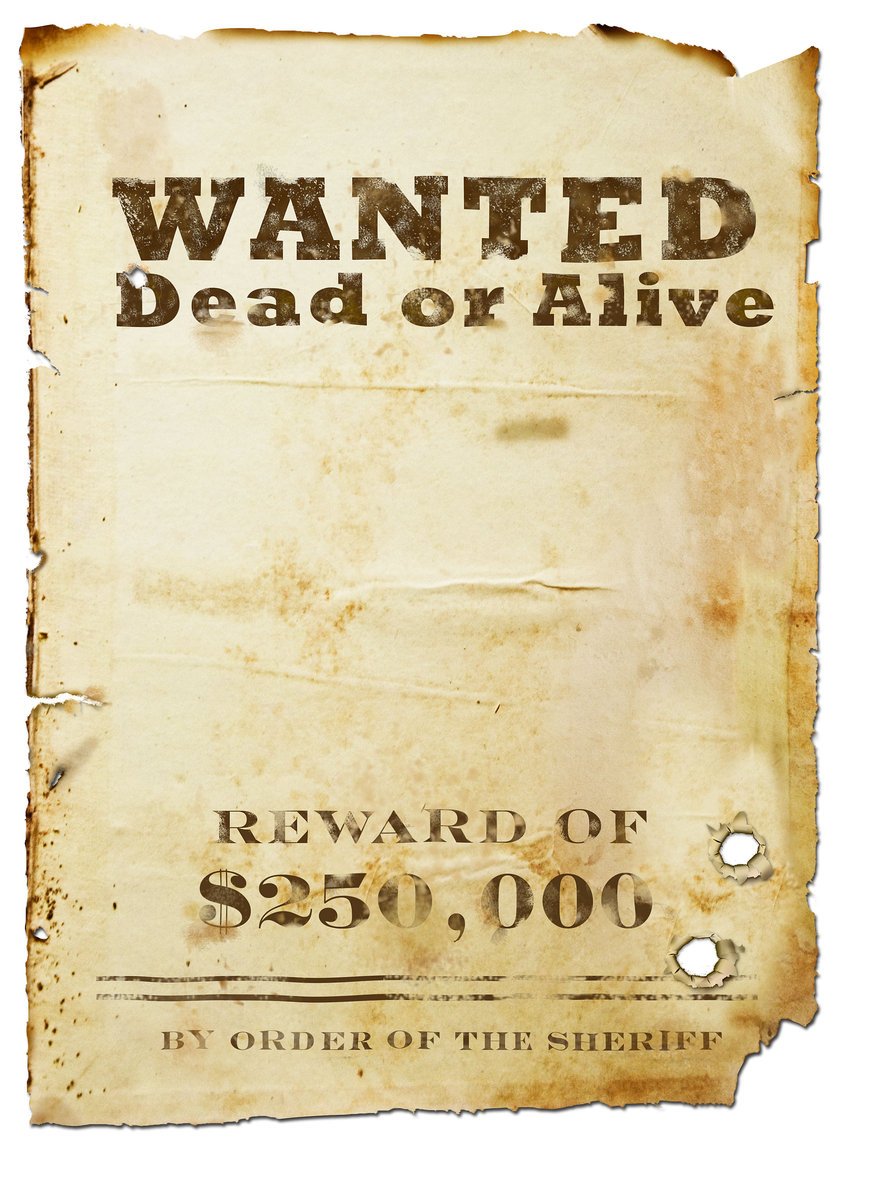

THE USPTO must obey or at least respect rulings from the Supreme Court (SCOTUS). Otherwise it might grant patents in error, only to be 'reprimanded' (or at least embarrassed) by judges years down the line. The America Invents Act (AIA), introducing the Patent Trial and Appeal Board (PTAB), helps assure that the USPTO more or less complies with SCOTUS, e.g. on ۤ 101. It intervenes before and after patent grants, often thwarting application grants or voiding them after the grant.
Technology companies, banks and insurers say that allowing drugmaker Allergan Plc to use an American Indian tribe’s sovereign immunity to avoid competition from generics could undercut a system to weed out bad patents.
Industry groups filed arguments with the U.S. Court of Appeals for the Federal Circuit in Washington ahead of oral arguments Monday. The court is considering whether patents for the company’s blockbuster dry-eye drug Restasis can still be challenged despite being transferred to a tribe that claims sovereign immunity.
“If Allergan’s ‘rent-a-tribe’ strategy is ultimately successful, it could doom the entire” review process, said Brad Wright, a patent lawyer with Banner & Witcoff in Washington. “Patent owners of all types -- not just pharmaceutical companies -- would be able to circumvent the process by asserting sovereign immunity.”
[...]
The Mohawk tribe has since reached a similar agreement with another company, SRC LLC, and together they sued Amazon.com Inc. and Microsoft over patents for high-speed computing. Apple Inc. was sued over a patent owned by three North Dakota tribes, though the case was settled.
The goal is to avoid a review of issued patents before the patent board, which has an easier legal standard to cancel issued patents and is a favorite among tech and financial companies. The U.S. Supreme Court in April rejected claims the administrative reviews were unconstitutional.
The America Invents Act (AIA) allows for a “person” to file a covered business method review (CBM) to challenge an issued patent. See AIA Section 18 (because they it is a temporary program, the CBM provisions have not been codified in the United States Code).
[...]
The setup here is fairly limited because it is only focused on governmental use, but it is the type of questions likely to receive interest from the Supreme Court. In its decision in the case, the Federal Circuit ruled (over a dissent) that a Section 1498 action counts as an infringement lawsuit for the purposes of the AIA and that the U.S. Government counts as a “person” under the statute — writing that “The AIA does not appear to use the term ‘person’ to exclude the government in other provisions.”